I have a init() function defined in "config/config.go"
config.go
package config
import(
log "github.com/sirupsen/logrus"
)
func init() {
log.SetReportCaller(true)
}
I have another go file called auth.go in auth package
package auth
import(
log "github.com/sirupsen/logrus"
)
func auth(username string, pwd string) {
//some auth code
log.Info("Auth success")
}
When log.Info() is called in auth.go the log prints as below
2018-11-09T16:38:27+05:30 auth/auth.go:36 level=info msg="Auth success"
What I am confused here is that, how "log" in auth.go is aware of the settings done in config.go. log.SetReportCaller() is in config.go but even when auth.go is logged it takes settings of log.SetReportCaller() done in config.go
Since log.SetReportCaller() is not set in auth.go expected log should be as below without showing line number of caller method.
2018-11-09T16:38:27+05:30 level=info msg="Auth success"
main.go
package main
import (
"path/to/auth"
log "github.com/sirupsen/logrus"
"net/http"
)
func main() {
r := server.Route()
log.Info("Listening on 8080")
http.Handle("/", r)
log.Fatal(http.ListenAndServe(":8080", nil))
}
auth/router.go
package auth
import (
"github.com/gorilla/mux"
"github.com/rs/cors"
"net/http"
)
func Route() http.Handler {
r := mux.NewRouter()
// UI handlers
r.HandleFunc("/", IndexPageHandler)
r.HandleFunc("/login", LoginHandler).Methods("POST")
handler := cors.Default().Handler(r)
return
}
auth/login.go
package auth
import (
"fmt"
"path/to/config"
log "github.com/sirupsen/logrus"
"net/http"
)
func LoginHandler(w http.ResponseWriter, r *http.Request) {
username := r.FormValue("username")
password := r.FormValue("password")
status, userName, mail, _ := auth(username, password)
//some code goes here
}
Kindly explain how this is happening
